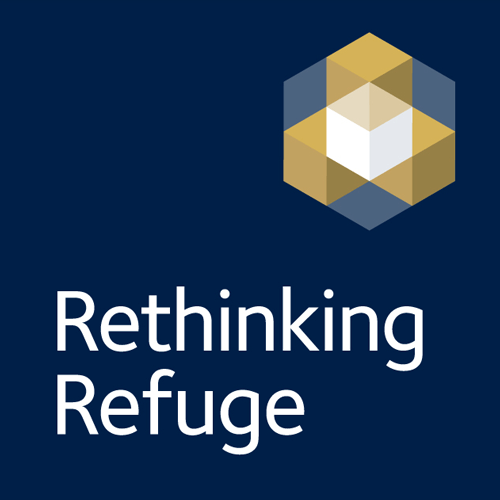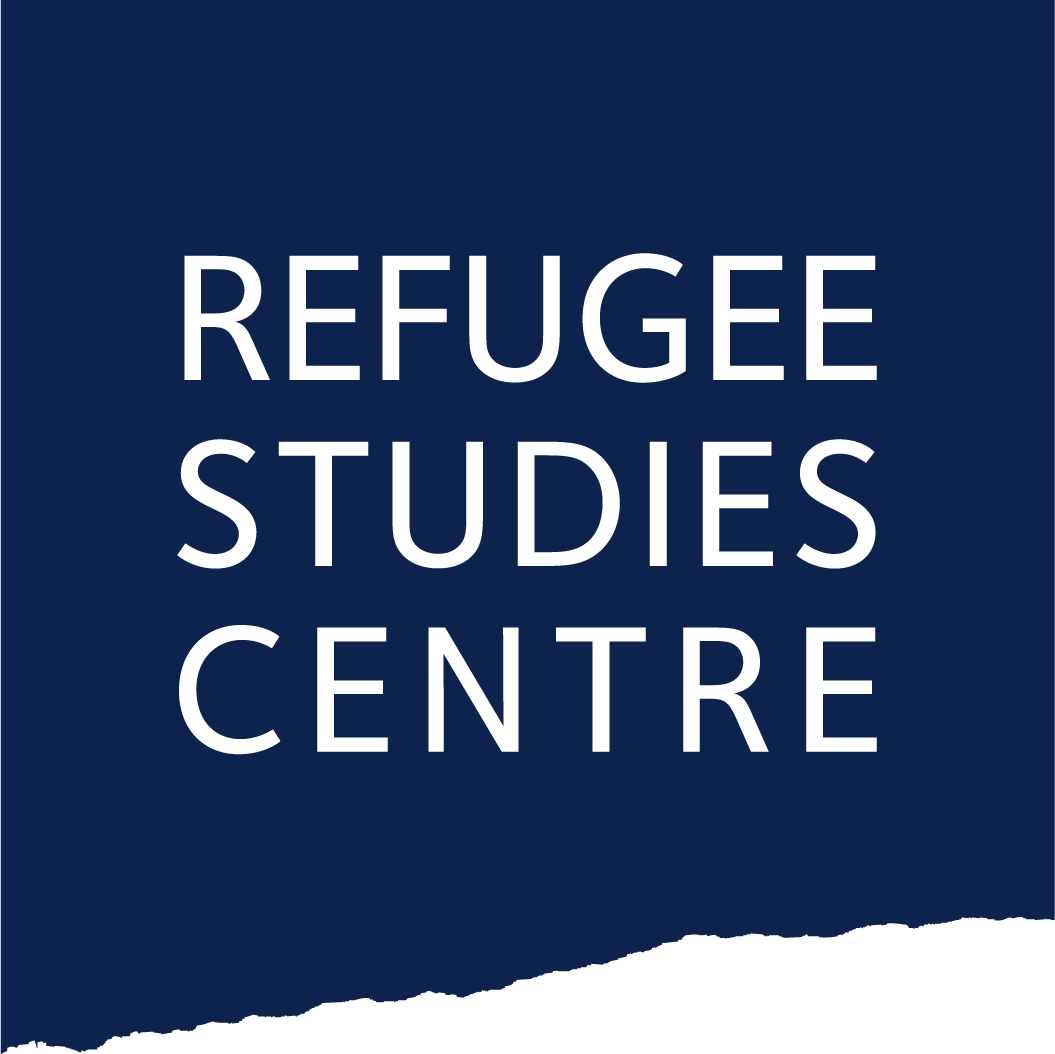Rethinking humanitarianism
Many perceive humanitarianism as straightforward: 'helping'. Others regard humanitarian principles as unattainable, see neutrality as impossible, and argue that humanitarianism always risks doing more harm than good. Still others are embroiled in legal battles over 'humanitarian smuggling' as volunteers helping forced migrants become inadvertent criminals in some eyes - and saviours in many others. The notion of humanitarian actors today has expanded to include citizens, refugees themselves, and even the private sector. Yet these actors bring legal, social, and political tensions that challenge the definition of humanitarianism itself. Even in more 'straightforward' refugee assistance the line between humanitarian and development assistance continues to be blurred. Some of the questions addressed here include: Is 'humanitarian smuggling' a duty of humanity? What is the impact of anti-smuggling measures on civil society? How can the international refugee regime better undertake development assistance?






